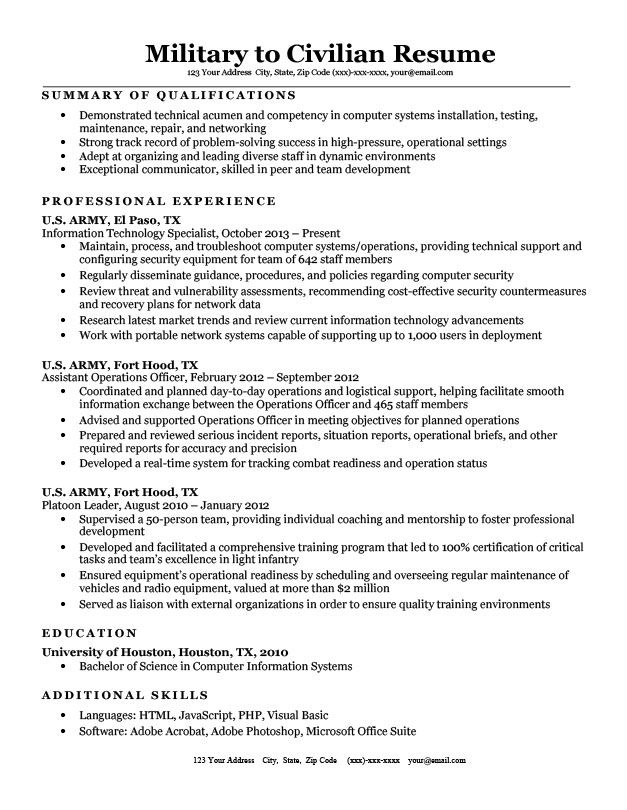Federal Job Loss: The Challenges Of Transitioning To State And Local Government

Table of Contents
Understanding the Differences Between Federal, State, and Local Government Jobs
Before embarking on a job search in state or local government, understanding the key differences between the three levels is crucial. This includes analyzing salary and benefits, job security, and the application and hiring processes.
Salary and Benefits Comparison
Significant variations exist in compensation and benefits packages. While federal employees often enjoy comprehensive benefits through the Thrift Savings Plan (TSP), federal healthcare plans, and generous leave policies, state and local government offerings can differ considerably.
- Salary: Average salaries can vary depending on the state, locality, and specific role. State government salaries tend to be competitive, often comparable to federal counterparts, but local government positions may offer lower pay, particularly in smaller municipalities. Use salary comparison tools and government websites to research specific positions.
- Retirement Plans: State and local government employees often participate in defined benefit or defined contribution retirement plans, distinct from the TSP. Understanding the nuances of these plans is vital for long-term financial planning.
- Healthcare Benefits: Health insurance options, premiums, and deductibles differ significantly across state and local government entities. Careful comparison is crucial to determine the best fit for individual needs and budgets.
- Leave Policies: Leave policies, including sick leave, vacation time, and family leave, vary across jurisdictions. Research the specific policies of the state and local government entities you are targeting.
Job Security and Stability
Job security in government varies by level and specific agency. Federal jobs often enjoy greater stability due to established civil service protections. However, state and local government positions can also offer strong job security, although it's often more susceptible to fluctuations in budget cycles and political changes.
- Political Climate: State and local government positions can be more vulnerable to changes in political leadership compared to federal roles.
- Budget Cycles: State and local government budgets are frequently subject to cyclical fluctuations, potentially impacting employment levels.
- Hiring Processes: While federal hiring processes are typically rigorous and formalized, state and local government hiring processes can vary widely, ranging from highly competitive to more streamlined.
Application and Hiring Processes
The application processes differ greatly across the three levels of government. Federal applications often involve detailed questionnaires and rigorous background checks. State and local government applications are frequently less complex, though still require careful attention to detail.
- Application Requirements: State and local governments may require different application materials, such as specific resume formats, cover letters, or skills assessments.
- Interview Styles: Interview formats can vary, ranging from panel interviews to individual interviews, with differing emphasis on technical skills versus interpersonal skills.
- Hiring Timelines: Hiring timelines can be significantly shorter in state and local government compared to the federal level.
Leveraging Federal Experience for State and Local Government Roles
Your federal experience offers a wealth of transferable skills and expertise highly valuable in state and local government. Effectively highlighting these assets is crucial for a successful transition.
Transferable Skills and Expertise
Federal roles frequently develop skills directly applicable to state and local government. These transferable skills can significantly boost your candidacy.
- Project Management: Experience managing large-scale projects and budgets is highly transferable to state and local government positions.
- Budget Analysis: Proficiency in budget preparation, analysis, and management is always in demand.
- Policy Development: Experience in drafting, analyzing, and implementing policies is highly valuable across government sectors.
- Public Speaking: Effective communication skills, honed through presentations and public engagement, are essential.
- Grant Writing: Federal experience in securing grant funding is readily transferable to state and local agencies.
Networking and Building Connections
Networking is essential for identifying hidden job opportunities and gaining valuable insights into the state and local government landscape.
- Industry Events: Attend conferences, workshops, and networking events focused on state and local government.
- Professional Organizations: Join relevant professional organizations to connect with peers and potential employers.
- LinkedIn: Leverage LinkedIn to connect with individuals working in state and local government.
- Existing Contacts: Utilize your existing network, including former colleagues and supervisors, to explore opportunities.
Targeting Relevant Job Openings
Effectively searching for and applying to state and local government positions requires a strategic approach.
- Government Websites: Check the websites of state and local government agencies directly for job postings.
- Job Boards: Utilize job boards such as Indeed, LinkedIn, and specialized government job boards.
- Tailoring Applications: Customize your resume and cover letter for each specific role, highlighting relevant skills and experiences.
Addressing Common Challenges in the Transition
Transitioning careers requires navigating several challenges, including skill gaps, application processes, and emotional adjustments.
Overcoming Skill Gaps
Addressing any skill gaps is crucial for a successful transition.
- Professional Development Courses: Enroll in courses to enhance skills needed for specific roles.
- Certifications: Obtain relevant certifications to demonstrate proficiency in specific areas.
- Volunteer Work: Gain experience through volunteer positions to build skills and network.
Navigating the Application Process
Successfully navigating the application process involves strategic preparation and attention to detail.
- Address Common Challenges: Anticipate and address potential challenges early in the process.
- Compelling Resume and Cover Letter: Craft a resume and cover letter that effectively highlight your skills and experience.
- Interview Preparation: Prepare thoroughly for interviews by researching the organization and practicing your responses.
Managing the Emotional Transition
Job loss can be emotionally challenging. Seeking support is crucial for maintaining well-being.
- Stress Management Techniques: Implement effective stress management strategies to cope with the transition.
- Career Counseling: Consider seeking career counseling to gain guidance and support.
- Job Search Support Groups: Connect with job search support groups to share experiences and build confidence.
Conclusion: Successfully Navigating Federal Job Loss and Transitioning to State and Local Government
Transitioning from federal employment to state and local government requires careful planning, strategic preparation, and a proactive approach. Understanding the differences in salary and benefits, leveraging transferable skills, and effectively addressing potential challenges are all critical elements of a successful transition. By utilizing the information and resources provided in this article, you can effectively manage your federal job loss and successfully transition to a rewarding career in state and local government. Start your search today by exploring resources like [link to state government job board], [link to local government job board], and [link to career counseling service]. Don't let federal job loss define your future; actively pursue state and local government jobs and build a fulfilling career in public service. Remember, transitioning from federal to state government jobs or finding local government jobs after federal employment is achievable with the right planning and preparation.

Featured Posts
-
 Growth Potential Mapping The Countrys Best New Business Areas
Apr 28, 2025
Growth Potential Mapping The Countrys Best New Business Areas
Apr 28, 2025 -
 Trump And Zelensky Meet At Popes Funeral First Face To Face Since Oval Office Dispute
Apr 28, 2025
Trump And Zelensky Meet At Popes Funeral First Face To Face Since Oval Office Dispute
Apr 28, 2025 -
 Iran Nuclear Deal Latest Talks Conclude Without Breakthrough
Apr 28, 2025
Iran Nuclear Deal Latest Talks Conclude Without Breakthrough
Apr 28, 2025 -
 Is Kuxius Solid State Power Bank Worth The Price Longevity Vs Cost
Apr 28, 2025
Is Kuxius Solid State Power Bank Worth The Price Longevity Vs Cost
Apr 28, 2025 -
 Is This The Antidote To Americas Truck Bloat Problem
Apr 28, 2025
Is This The Antidote To Americas Truck Bloat Problem
Apr 28, 2025
Latest Posts
-
 2000 Yankees Diary Posadas Homer Silences The Royals
Apr 28, 2025
2000 Yankees Diary Posadas Homer Silences The Royals
Apr 28, 2025 -
 Hudsons Bay Store Closing Sale Find Amazing Deals Now
Apr 28, 2025
Hudsons Bay Store Closing Sale Find Amazing Deals Now
Apr 28, 2025 -
 Alberta Economy Suffers Dow Megaproject Delay Amid Tariff Disputes
Apr 28, 2025
Alberta Economy Suffers Dow Megaproject Delay Amid Tariff Disputes
Apr 28, 2025 -
 Final Days Of Hudsons Bay 70 Off Liquidation Event
Apr 28, 2025
Final Days Of Hudsons Bay 70 Off Liquidation Event
Apr 28, 2025 -
 Hudsons Bay Closing Sale Deep Discounts On Remaining Inventory
Apr 28, 2025
Hudsons Bay Closing Sale Deep Discounts On Remaining Inventory
Apr 28, 2025
